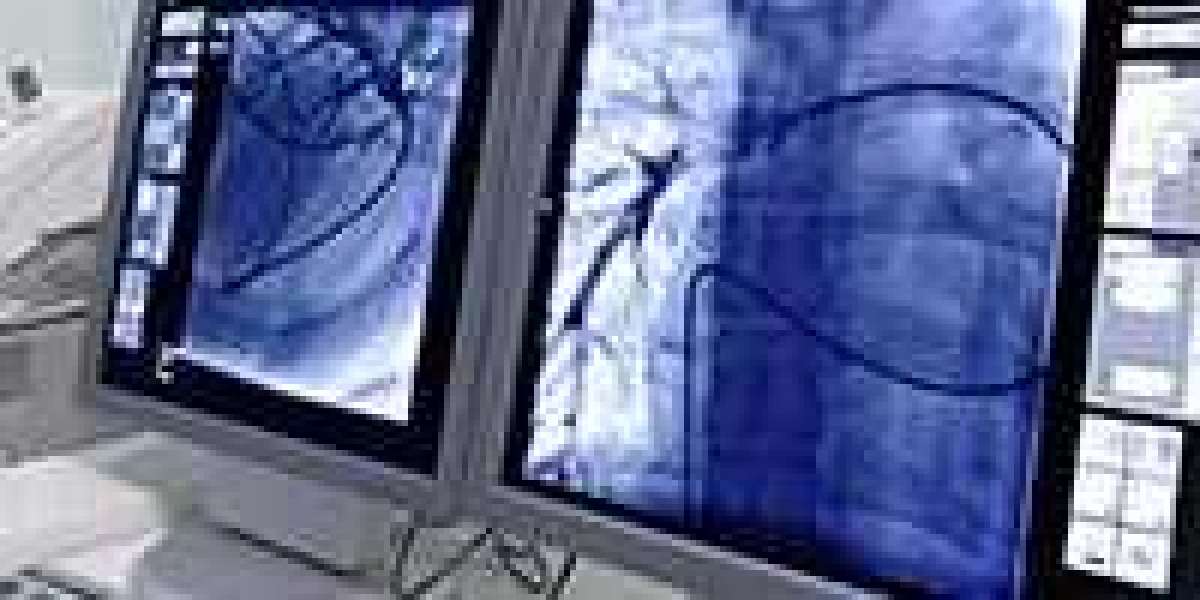Market Insights:
Market Research Future (MRFR)’s latest analysis reveals that the global microcellular plastics market is set to expand moderately over the forecast period 2017 to 2023. The product has developed application across different industry verticals owing to its characteristics such as impact strength, fatigue life, durability, thermal stability, etc. The boom witnessed in the end-user industries such as electrical electronics, building construction, healthcare, and food packaging among others is expected to drive the growth of the market in the forthcoming years.
The rising disposable income coupled with rapid urbanization is likely to intensify the demand for microcellular plastics by augmenting automobile industry. The exponential demand for lightweight vehicles is also likely to increase the demand for microcellular plastics in the automobile industry. Furthermore, the growing population has paved the way for accelerated economic activities in the building construction industry. This is another major factor responsible for aiding microcellular plastics market proliferation during the assessment period.
The rapid industrialization, especially in the fast-developing economies, is poised to propel the expansion of the microcellular plastics market in the foreseeable future. Additionally, the adoption of microcellular plastics is also projected to increase as it is easily recyclable. The microcellular plastics market is likely to remain a lucrative one through the review period.
Market Segmentation:
The report offers a detailed segmental analysis on the basis of application. The microcellular plastics market, by application, has been segmented into building construction, healthcare, electrical electronics, automotive transportation, food packaging, and others.
Regional Analysis:
By region, the microcellular plastics market has been segmented into Latin America, North America, Asia Pacific, Europe, and the Middle East Africa. Asia Pacific is estimated to register the highest CAGR during the forecast period. The growth is attributable to the increasing demand from the end-user industries such as building construction, electrical electronics, and automotive transportation among others. Furthermore, the continuous expansion of the country-level markets such as Australia, Taiwan, South Korea, Philippines, China, Japan, Thailand, India, Bangladesh, Malaysia, and Vietnam is likely to drive the growth of the regional microcellular plastics market. Asia Pacific has emerged as a manufacturing hub owing to inexpensive labor and land cost, low production set up fee, growing purchasing power, and moderately stringent regulatory framework. This is expected to expedite the expansion of the microcellular plastics market in the region.
Sample link - https://www.marketresearchfuture.com/sample_request/5579
Europe emerged as the largest market for microcellular plastics in 2016. It is projected to retain the pole position over the next few years owing to massive contributions from country-level markets such as Germany, Italy, UK, France, and Russia. The growth of the microcellular plastics market in the region is attributable to the consolidation of automotive manufacturers coupled with increasing investment in research development and innovation activities. Meanwhile, North America is poised to exhibit steady growth with the U.S. and Canada being the primary contributors.
Latin America is poised to grow steadily owing to the moderate expansion of the country-level markets such as Brazil, Argentina, Mexico, Colombia, and Venezuela. The microcellular plastics market in Middle East Africa is projected to thrive moderately owing the accelerated economic activities in the end-user industries.
Access Report Details @ https://www.marketresearchfuture.com/reports/microcellular-plastics-market-5579
Competitive Dashboard:
Some of the key players profiled in this report include BASF SE (Germany), Gracious Living Innovations (Canada), Armacell Canada Inc. (Canada), Horizon Plastics International Inc. (Canada), Ingenia Polymers Corp. (U.S.), Lavergne Group (Canada), Sealed Air (U.S.), Total Plastics Solutions (U.S.), Trexel, Inc. (U.S.), and Griswold Corporation (U.S.).
Industry News:
In May 2018, Boston, Massachusetts based Trexel has announced the expansion of its MuCell microcellular foaming technology into injection molded packaging market. It is also moving into the automotive blow molding.
In June 2018, the U.S. based Viking Plastics has bought Genesis Plastics and Engineering LLC, a custom thermoformer. Genesis Plastics and Engineering LLC is an injection molder that makes interior automotive parts.








